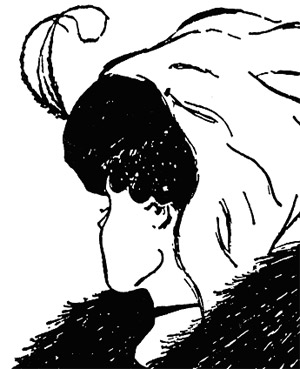Did you know that you shape the world in which you live by the words and emotions you allow into your mind and heart? If you need to heal, put healing words and emotions into your life.
Forty years ago, I would have been skeptical of that message. The way I viewed the world then led me to believe that the problems I experienced were caused by others. After all, I was doing the best I could and yet awful things were happening.
Now, I know differently. Forty years ago, I was simply giving my power away to people who didn’t deserve it. I didn’t have to do that. Because I was unaware, I unconsciously allowed it to happen. I permitted dysfunctional people to have free rent in my head all the time.
What changed? As a young mother, I unexpectedly had a mystical experience. That experience started me on a long journey through the world of perception, thoughts, words, pain, despair, paradox, anger, fear, terror, joy, peace, skepticism, faith, humility, gratitude, self-esteem, and personal power.
The mystical experience was not one I was seeking. It just happened. I couldn’t find the words to describe it. My religious training offered me no ready-made vocabulary. Yet the experience was so magnificently transforming I needed to find some way to communicate it. I desperately wanted to understand it. My search for the ‘right’ words turned into a forty-year quest that ultimately left me acutely aware of how many different ways I could perceive the world and how the ways I perceived it affected how I felt.
I’m not going to go into detail here about the mystical experience. Those who want to read more can go to my website at http://wordsculptures.com/experience.htm or read the first chapter of my book Shift: Change Your Words, Change Your World.
As a child I’d been fascinated with optical illusions. The famous one of the old hag and the young woman is a good example:

Old Hag - Young Woman
The lines on the paper don’t change. What changes is the way our minds shape those lines and the meaning each of us gives to them. Depending on what we see, we use different words. We either use words like, young, beautiful, vibrant, charming, gentle or we use words like big nose, toothless, hag, jutting chin, drooping eyelids. Depending on what we see and the words we use, our emotions and energy levels change. Most of us feel better about the words young, beautiful, charming and vibrant than we do about the words drooping eyelids, big nose and toothless.
Our real world is just like an optical illusion. We have a choice as to what we see, the words we use, the emotions we feel, and the actions we take. Perception, words, emotions, and actions are all interrelated.
Eastern religions speak about piercing the veil of illusion. This is exactly what they are talking about. Christians talk about salvation. Same thing. Both are simply talking about consciousness-shifting experiences that suddenly allow us to view our world in a new, more harmonious, and creative way.
How does shifting our consciousness allow us to heal?
When we accept the fact that the influx of sensory data is what it is and that each of us is in a dance of consciousness with that sensory data, we suddenly realize that we have the power to change that dance by choosing our own perceptions, words, emotions, and actions. If our partner wants to tango and we want to waltz, we simply stop doing the tango. Either our partner will waltz with us or we will find a new partner who loves to waltz as much as we do.
In short, by becoming acutely aware of the choices we have every minute of every day, we can seek out those people and experiences that enhance our energy and well-being and blithely dance away from those that do not.
Warm regards,
Janet
Janet Smith Warfield
Ordinary words, extraordinary insights
Author of Shift: Change Your Words, Change Your World
AMAZON BEST SELLER
WINNER: 2008 Next Generation Indie Book Award for Best New Age Non-Fiction
http://word-sculptures.com
WINNER: 2008 COVR Best Website Award


Comment